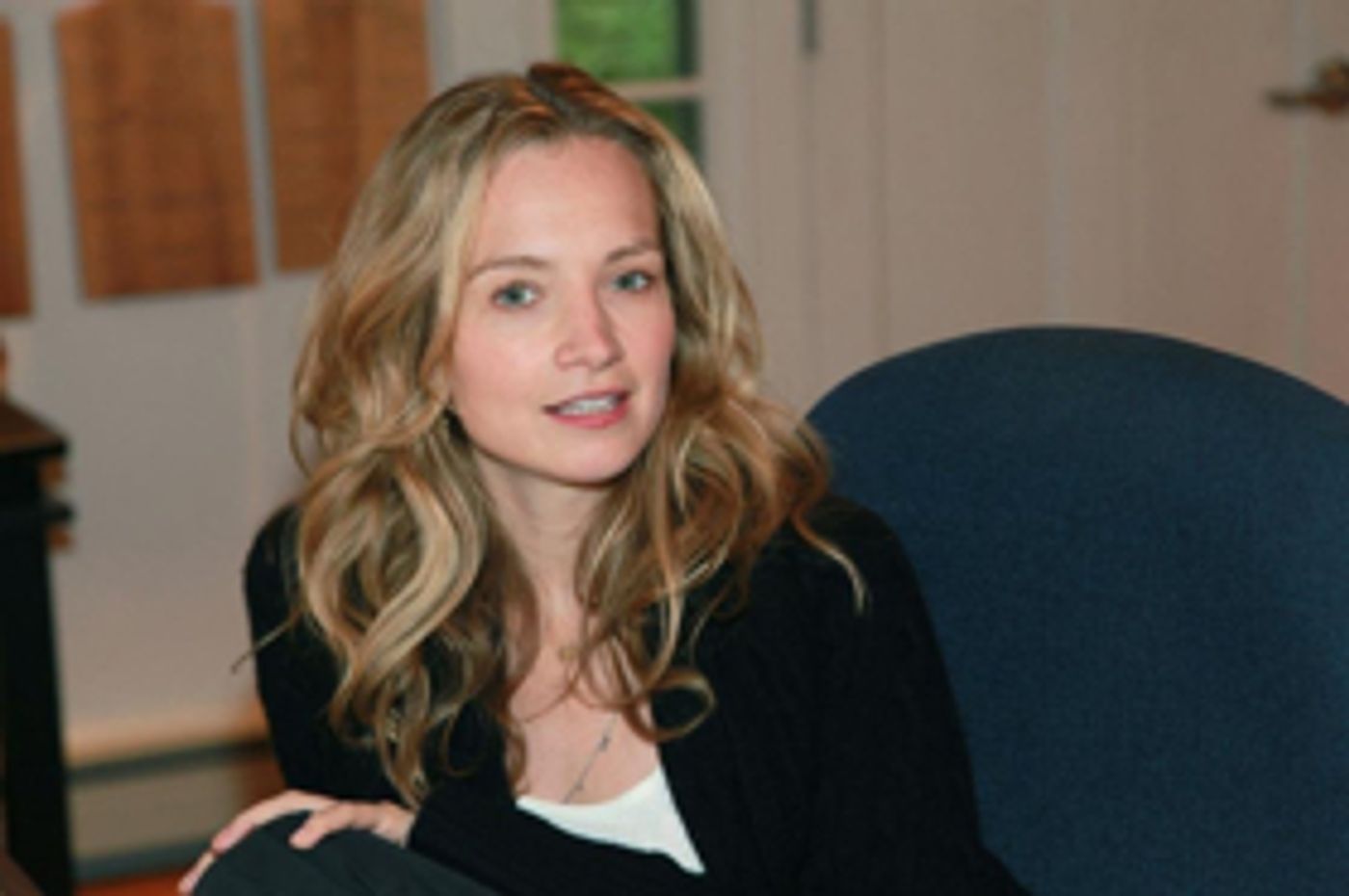Interview: Bess Wohl Tells Us About SMALL MOUTH SOUNDS

Playwright Bess Wohl whose Barcelona proved so controversial during its engagement at The Geffen Playhouse in 2016 has a new play Small Mouth Sounds opening at the Broad Stage in Santa Monica January 11. In our conversation Wohl discusses her play in depth.
Tell us about Small Mouth Sounds and what stimulated you to write the play. What is its message?
I was first inspired to write Small Mouth Sounds when I went on a silent retreat with a close friend. The retreat was her idea-- I had no idea what I was getting into, and didn't even realize we were going to be in silence. I remember that by the very first night, I was interested in writing about the experience. Something about the obstacle of being in silence coupled with the intense need from all of the retreat participants to find some kind of answer, felt like it could be fertile ground. I hate to reduce a play to any one "message," but as I've come to learn about the piece along with my collaborators and audiences, I am discovering that the play seems to be about (in no particular order) the difficulty and joy of human connection, the search for meaning or "enlightenment," and the ways in which we do or do not change. Is change impossible or inevitable? Or, somehow, weirdly both?
How do you feel audience will respond to the silence? Will they be able to figure out all that is happening without hearing words?
When I first began sharing the piece with audience, I had no idea. Early workshops of the play were very instrumental in teaching me how people watching the play would interpret it. I would poll audience members afterward to find out what they had understood, what was unclear, and where they felt the story was over-explained. As the play has been performed more and more, it's been fascinating to watch audiences engage with the detective work of watching the play. This is definitely a play that demands some effort from audiences, and in many ways I think what they take away from it is very personal, and directly related to what they put in. I am interested in the way that, in silence, we all project our own opinions, predictions and biases onto each other. It happens all the time in life, and it happens when you watch plays. My hope is that the act of watching the play and actively solving its mysteries is part of the pleasure of experiencing it.
I have always felt that part of the fun of watching any play is the simple joy of not knowing what's going to happen next. That sense of possibility and anticipation, and even in some cases misdirecting the audience, is something I love to explore in my writing. I try to think of every story-- no matter the genre-- as a mystery. I like to try to create a sense of intrigue about human behavior, no matter how small. Why do we the things we do? Will we overcome or succumb to our worst impulses? There are mysteries everywhere in daily life, and I'm interested in leaning into that feeling onstage. I think so much of the drama and tension of exciting theatre can be reduced to a simple question: "What's going to happen?"
Do you have a mentor playwright? Someone whose work has stimulated you to create?I come to playwriting from an acting background, so most of my early teachers were acting teachers. From acting I learned an inside-out approach to character that has helped me a lot as a playwright. I tend to try to put myself in each role and imagine if I could find a path through it as an actor, and that helps me find where the holes in my writing are. In general, I am deeply inspired and stimulated by the work of my peers and friends. Anytime I go to the theatre, it pushes me to create and tell my own stories.
Tell us about the cast and director and what special work they are bringing to the play.
I have been so lucky to work on this piece with incredible collaborators-- actors, designers, Rachel Chavkin, the director-- in every stage of development. Since the play has so much silence in it, each collaborator has brought important elements of story and texture throughout, and Rachel has been instrumental in shaping the rhythms and flow of the events with her own impeccable sense of music and pace. The current cast of the play is absolutely glorious in their ability to rigorously maintain the essence of each character, and yet find little moments of personal flair and interpretation. This play has no room to hide; there is no way for an actor to coast on dialogue but be mentally or spiritually elsewhere. They have to be fully invested or the play doesn't happen. Their deep commitment, great skill and ability to be completely present with their full hearts and souls is a beautiful thing.
For tickets and further info, visit:
(photo credit: Joanna Eldredge Morrissey)
Videos

